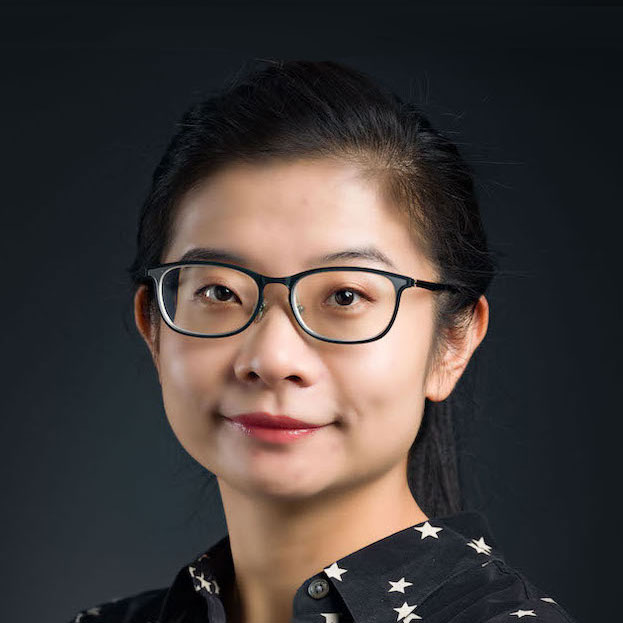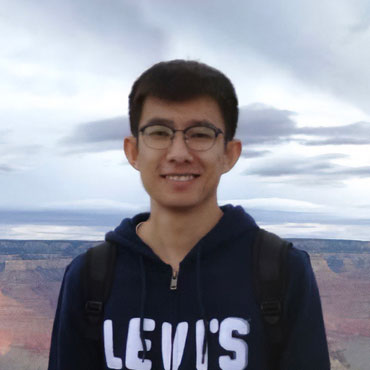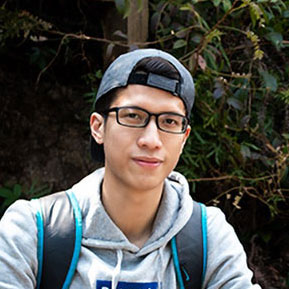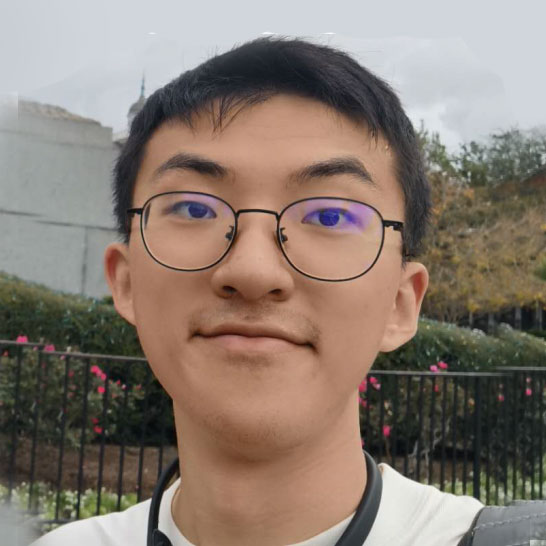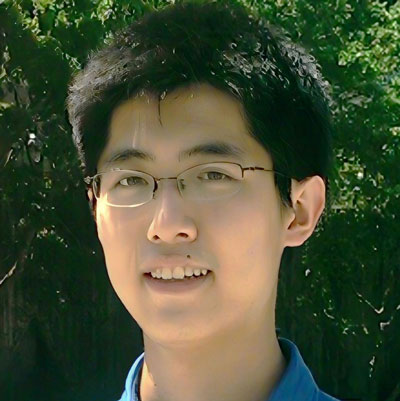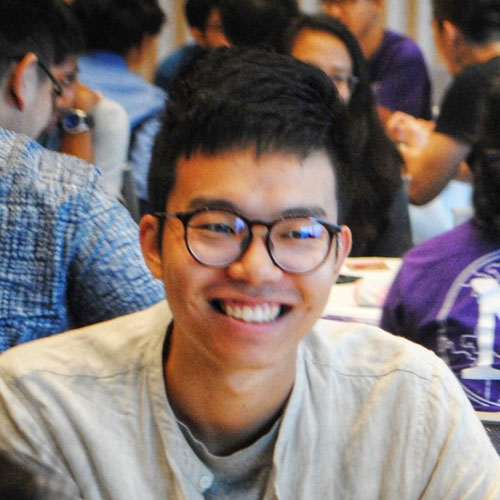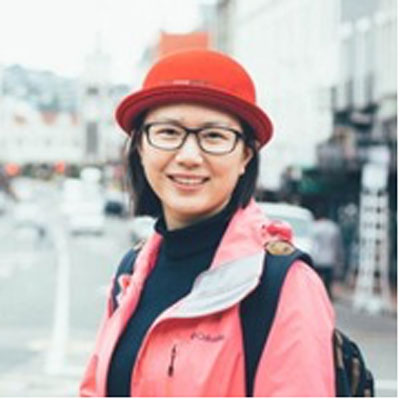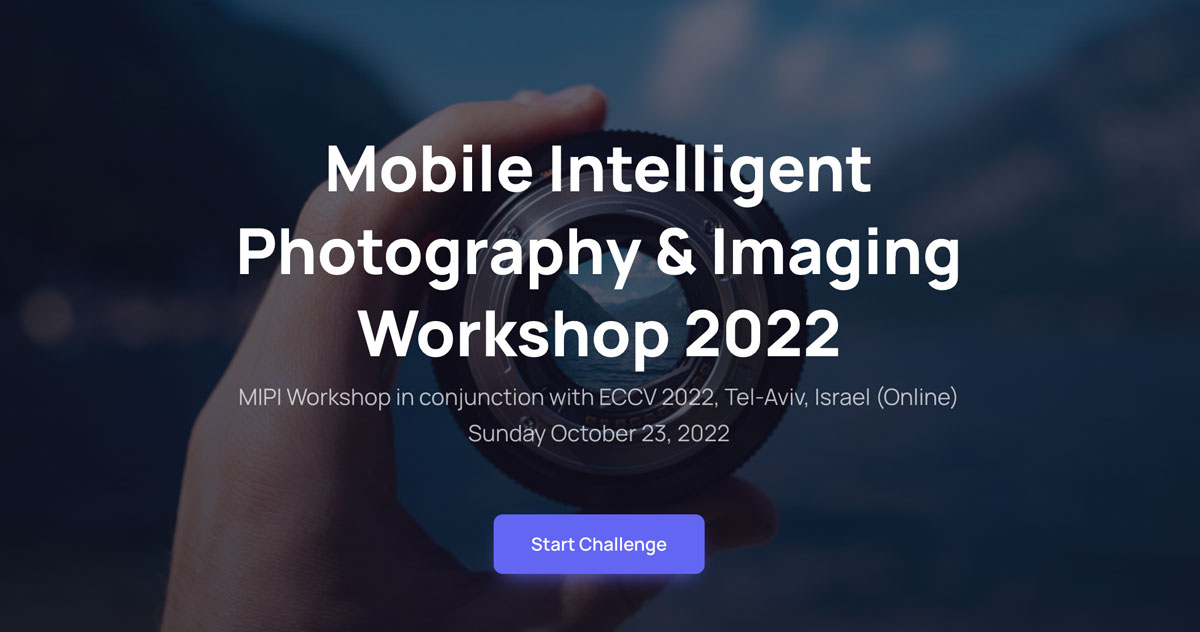Challenge Tracks
Overview
Developing and integrating advanced image sensors with novel algorithms in camera systems is prevalent with the increasing demand for computational photography and imaging on mobile platforms. However, the lack of high-quality data for research and the rare opportunity for in-depth exchange of views from industry and academia constrain the development of mobile intelligent photography and imaging (MIPI).
The workshop's main focus is on MIPI, emphasizing the integration of novel image sensors and imaging algorithms. Together with the workshop, we organize a few exciting challenges and invite renowned researchers from both industry and academia to share their insights and recent work. Our challenge includes four tracks:
- Nighttime Flare Removal is to improve nighttime image quality by removing lens flare effects.
- RGB+ToF Depth Completion uses sparse, noisy ToF depth measurements with RGB images to obtain a complete depth map.
- RGBW Sensor Re-mosaic converts RGBW RAW data into Bayer format so that it can be processed with standard ISPs.
- RGBW Sensor Fusion fuses Bayer data and a monochrome channel data into Bayer format to increase SNR and spatial resolution.
Unlike previous workshops that focus on image or video manipulation, restoration and enhancement, or the efficient designs of AI models for mobile devices, the central theme of our workshop encompasses new sensors and imaging systems, which are the indispensable foundation for mobile intelligent photography and imaging. As the first workshop of this kind, MIPI aims to organize a dedicated workshop so that we can solicit relevant solutions and attract a focused group from both academia and industry for fruitful discussions.
Datasets and Submission
Datasets are available at the Codalab site of each challenge track. Submissions to all phases will be done through the CodaLab site. Please register to the site and refer to the instructions on how to download the datasets and submit your results. The evaluation metrics of each track will be introduced in the respective site.
Link to Codalab: Nighttime Flare Removal -- RGB+ToF Depth Completion -- RGBW Sensor Re-mosaic -- RGBW Sensor Fusion
Awards
The winner teams of each track will receive a certificate. Challenge participants with the most successful and innovative methods will be invited to present at the MIPI workshop.
Terms and Conditions
Link to Terms and Conditions.
In the event of any inconsistency between the terms and details of this website and Codalab competition sites, the details on the Codalab sites shall prevail.
Contact
For more information, please contact us at mipi.challenge@gmail.com.
Call for Papers
CVPR 2023 Workshop:
Coupled with the workshop, besides the challenge, we also provide a fertile ground for researchers, scientists, and engineers from around the world to disseminate their research outcomes and push forward the frontiers of knowledge within novel image sensors and imaging systems-related areas. The MIPI workshop topics cover but are not limited to:
- Learnable ISPs
- ToF depth completion
- RGBW sensor re-mosaic and fusion
- Nighttime image restoration
- Under-display camera image restoration
- Event camera for image/video restoration
- Learning-based computational imaging systems: efficient algorithms, smart imaging systems, learned data acquisition, task-driven ISPs, etc
Papers will be peer-reviewed and comply with the CVPR 2023 proceedings style, format and length. The deadline for camera ready submission is the same as the main conference. Papers accepted must be registered and presented to ensure their inclusion in the IEEE Xplore Library. Selected papers will be invited to present in the workshop. Some papers will also be invited to contribute to a book chapter or a special issue article in our future publication. The format for submission is the same as the CVPR 2023 requirements .
Paper submission and review site: Submission Site
Important Dates
| Event | Date (Always 11:59 PM Pacific Time) |
|---|---|
| Site online | Dec 20, 2022 |
| Release of training data and validation data | Dec 25, 2022 |
| Validation server online | Jan 01, 2023 |
| Release of test data, test server online | Feb 15, 2023 |
| Test results submission deadline, test server closed | Feb 20, 2023 |
| Fact sheets submission deadline | Feb 20, 2023 |
| Final test and rating results release to participants | Feb 22, 2023 |
| Event | Date (Always 11:59 PM Pacific Time) |
|---|---|
| Site online | Dec 20, 2022 |
| CMT online | Dec 20, 2022 |
| Paper submission deadline | |
| Supplementary materials deadline | |
| Notification to authors | |
| Camera ready deadline | Apr 08, 2023 |
| Workshop date | Jun 18, 2023 |
Schedule
Time (GMT-7) |
Programme |
|---|---|
|
8:20 – 8:30
|
Opening and Welcome |
|
8:30 – 9:20
Keynote Speaker
|
Keynote: Low-Light Image Enhancement for Intelligent Analytics in Smart CitiesLow-light enhancement has been a long-standing research problem for decades. The rapid development of deep learning has led to the prosperity of low-light enhancement algorithms. However, it remains unexplored to develop an efficient and concise enhancement paradigm for improving machine vision analysis tasks in smart cities. This work addresses this gap by constructing relevant datasets as well as benchmarks and developing exemplary methods and applications. In detail, at the data end, we construct a dataset for both human and machine visions, evaluate various methods on this dataset, and develop a low-light image enhancement method optimized with downstream face detectors. Then, for the method effort, we propose lightweight methods that adjust illumination distributions to improve the performance of downstream tasks designed for low-light images. These methods do not need to access the labels in low-light conditions and conduct a plug-and-play role to integrate with different downstream tasks, therefore offering high practical values. Jiaying LiuAssociate Professor, Peking University |
|
9:20 – 10:10
Keynote Speaker
|
Keynote: Differentiable Mobile Cameras
Felix HeideProfessor, Princeton University |
|
10:10 – 11:00
Keynote Speaker
|
Keynote: How to Build a Smart Camera SystemAI-empower smart cameras are widely used in our daily life, from smart editing on mobiles cameras, to scene understanding on self-driving cars. A smart camera is not simply applying AI algorithms to images captured by cameras, but redesigning the entire camera pipeline with AI embedded. In this talk, I will share some principles to build such a AI-empowered smart camera pipeline, including how to strengthen visual signals by combining multiple sources of input, how to prepare training data for image processing networks, and how to design an efficient processing pipeline. Finally, I will share some of my thoughts about future direction in this area. Tianfan XueAssistant Professor, The Chinese University of Hong Kong |
|
11:00 – 11:50
Keynote Speaker
|
Keynote: Extending the Versatility of Neural Radiance Fields (NeRFs)Mildenhall et al. (ECCV 2020) developed a method that synthesizes novel views of complex scenes by optimizing an underlying continuous volumetric scene function using a sparse set of input views, which can potentially be mobile phone images. These Neural Radiance Fields (NeRFs) for scene representations had large impact, and many subsequent research has built on their seminal work. I will present a short overview of the original paper and then show our contributions to the NeRF literature, namely visually-plausible modeling of specific object materials and utilizing the learned prior of the network to improve the underlying geometry. Sabine SüsstrunkProfessor, EPFL |
|
11:50 - 12:05
|
Closing |
Keynote Speakers
Awards (Certificates)
| Rank | Team Name | Affiliation | Team Members |
|---|---|---|---|
| 1st | MiAlgo | Xiaomi Inc., China | Shuai Liu, Hao Wang, Chaoyu Feng, Luyang Wang, Guangqi Shao, Chenguang Zhang, Xiaotao Wang, Lei Lei |
| 2nd | Samsung Research China - Beijing | Samsung Research China, Beijing, China | Dafeng Zhang, Xiangyu Kong, Guanqun Liu, Mengmeng Bai, Jia Ouyang, Xiaobing Wang, Jiahui Yuan |
| 3rd | MegFR | Megvii Technology, China | Xinpeng Li, Chengzhi Jiang, Ting Jiang, Wenjie Lin, QiWu, Mingyan Han, Jinting Luo, Lei Yu, Haoqiang Fan, Shuaicheng Liu |
| Best Visualization Award | Samsung Research China - Beijing | Samsung Research China, Beijing, China | Dafeng Zhang, Xiangyu Kong, Guanqun Liu, Mengmeng Bai, Jia Ouyang, Xiaobing Wang, Jiahui Yuan |
| Rank | Team Name | Affiliation | Team Members |
|---|---|---|---|
| 1st | MGTV | MangoTV | Yi Yu, Yangke Huang, Kang Zhang |
| 2nd | MiMcAlgo | Xiaomi Inc., China | Meiya Chen, Yu Wang, Yongchao Li, Hao Jiang |
| 3rd | DIntel | Samsung R & D Institute India - Bangalore | Amrit Kumar Muduli, Vikash Kumar, Kunal Swami, Pankaj Kumar Bajpai |
| Rank | Team Name | Affiliation | Team Members |
|---|---|---|---|
| 1st | RUSH MI | Dalian University of Technology, China Xiaomi Inc., China Chinese Academy of Sciences, China |
Yuqing Liu, Hongyuan Yu, Weichen Yu, Zhen Dong, Binnan Han, Qi Jia, Xuanwu Yin, Kunlong Zuo |
| 2nd | HSTT |
Harbin Institute of Technology, China University of Shanghai for Science and Technology, China Tongji University, China; Tsinghua University, China Shanghai AI Laboratory, China |
Yaqi Wu, Zhihao Fan, Fanqing Meng, Xun Wu, Jiawei Zhang, Feng Zhang, Sijie Ren |
| 3rd | MegNR | Megvii Technology, China |
Mingyan Han, Jinting Luo, Qi Wu, Ting Jiang, Chengzhi Jiang, Wenjie Lin, Xinpeng Li, Lei Yu, Haoqiang Fan, Shuaicheng Liu |
| Rank | Team Name | Affiliation | Team Members |
|---|---|---|---|
| 1st | RUSH MI | Xiaomi Inc., China Dalian University of Technology, China Chinese Academy of Sciences, China |
Hongyuan Yu, Yuqing Liu, Weichen Yu, Lin Ge, Xiaolin Zhang, Qi Jia, Heng Zhang, Xuanwu Yin, Kunlong Zuo |
| 2nd | MegNR | Megvii Technology, China | Qi Wu, Wenjie Lin, Ting Jiang, Chengzhi Jiang, Mingyan Han, Xinpeng Li, Jinting Luo, Lei Yu, Haoqiang Fan, Shuaicheng Liu |
| 3rd | USTC-Zhalab | University of Science and Technology of China | Kunyu Wang, Chengzhi Cao |

